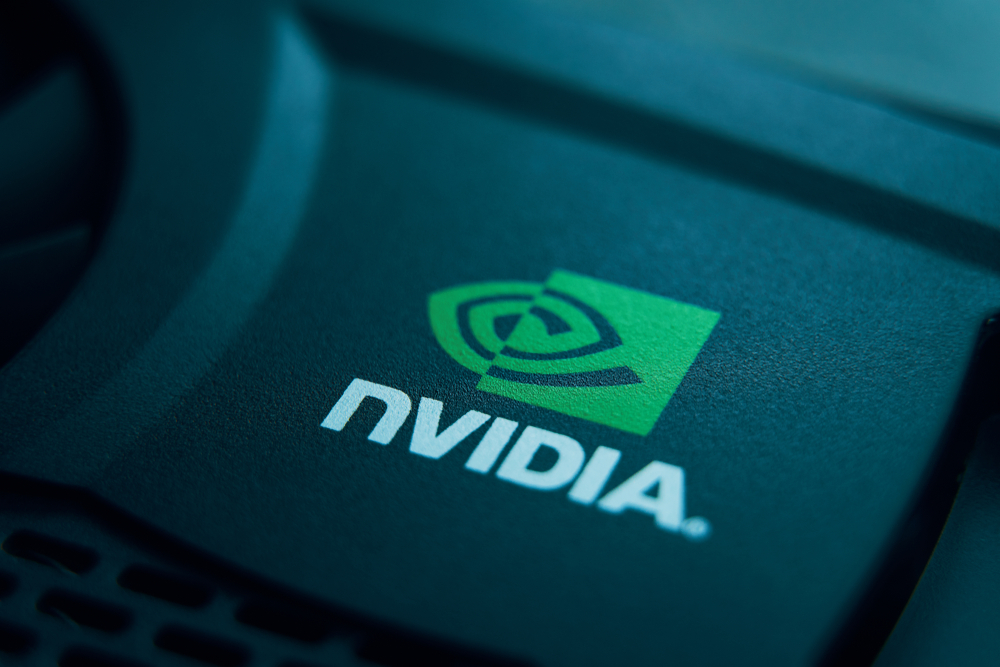Following Nvidia’s impressive Q3 2023 financial report, the company has been forced to delay the release of its new H20 AI chip explicitly designed for the Chinese market.
The H20 chip, along with the L20 and L2, is part of Nvidia’s strategy to comply with new US export restrictions.
The delay is attributed to issues in integrating the chip into server infrastructure. According to Reuters, the H20 launch has been pushed back to February or March 2024 from late this year.
The H20 is designed to allow Nvidia to maintain its market share in China despite being barred from shipping flagship hardware under tighter export rules.
As Nvidia’s impact in the Chinese market wanes, Huawei, which is ramping up production of its own AI hardware, is set to capture market share. Baidu, for example, recently placed a significant order for Huawei AI chips. Further, AMD announced plans to develop an AI chip specifically for the Chinese market.
Nvidia recently posted a 34% increase over the previous quarter and a 206% surge from Q3 2022. Nvidia’s CEO, Jensen Huang, attributed this success to generative AI.
Nvidia’s dominance in the AI hardware market is assured, but the US government is intent on strangling China’s access to its products. Primarily, the US doesn’t want China to use American AI products for military technology.
While Nvidia has maintained a strong market presence in China, contributing 20 to 25% of its data center revenue, new US policies have forced the company to adapt. With each new set of US export rules comes a new type of dumbed-down AI chip that slips through the net.
Despite declining income from the Chinese market, Nvidia remains optimistic, expecting growth in other regions to balance the scales.
When Nvidia announced their new China-friendly AI chips, SemiAnalysis noted, “Nvidia is perfectly straddling the line on peak performance and performance density with these new chips to get them through the new US regulations.”
This shows that there are some minor chinks in the AI hardware giant’s armor.





